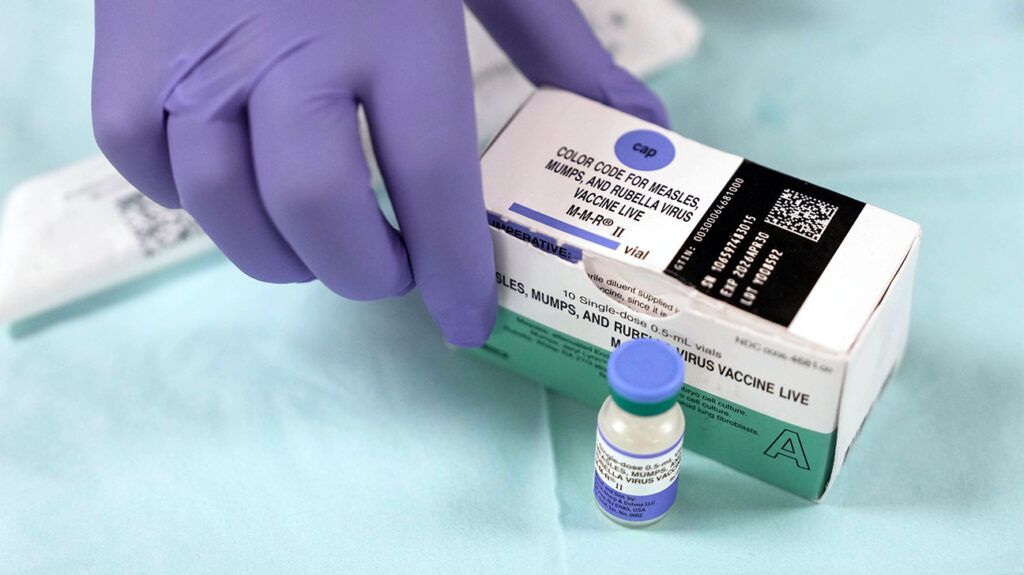Enhancing Trauma-Informed Care in Pediatric Medical Procedures

Advocates are calling for increased use of trauma-informed care in pediatric medical procedures to reduce emotional harm and improve children's healthcare experiences. Learn how strategies like honest communication and distraction techniques can replace restraint practices.
Recent discussions in pediatric healthcare emphasize the critical need to incorporate trauma-informed care principles into medical procedures involving children. Restraining young patients during treatments can lead to significant emotional and psychological damage, often exceeding the physical discomfort of the procedure itself. Dr. Karin Plummer from Griffith University's School of Nursing and Midwifery advocates for a fundamental shift in clinical practices to prioritize safety, trust, collaboration, empowerment, and cultural sensitivity. Her editorial, "Rethinking procedural holding through a trauma-informed lens," published in the Journal of Pediatric Nursing, underscores the importance of pre-procedure honest communication tailored to the child's age to reduce anxiety. During procedures, strategies such as comfort positioning, distraction, and topical anesthetics can effectively minimize pain and distress, potentially eliminating the need for restraint. Post-procedure, supporting children with recovery time and debriefing fosters emotional regulation and resilience, shaping positive healthcare experiences in the future.
Despite growing awareness of children's rights and trauma-informed approaches, routine practices like physical restraint remain common, often without formal training for healthcare providers. Such practices can evoke feelings of panic, fear, and betrayal among children, leaving lasting emotional scars. An international survey highlights that 81% of pediatric healthcare professionals use physical support, predominantly involving parents and nurses, during procedures. However, these methods are increasingly recognized as unwise and unethical, prompting calls for more compassionate, child-centered approaches.
This shift not only aligns with ethical standards but also enhances the overall quality of pediatric care. Implementing trauma-informed strategies can significantly reduce traumatic experiences for children, their families, and healthcare staff, ultimately fostering a more respectful and supportive healthcare environment.
Stay Updated with Mia's Feed
Get the latest health & wellness insights delivered straight to your inbox.
Related Articles
Elevated BMI Levels Increase Risk of Post-Bariatric Surgery Complications
Higher body mass index (BMI), especially over 50, significantly raises the risk of complications after bariatric surgery, according to recent research. This study provides crucial insights for improving patient safety and outcomes.
Updated Practice Guidelines for Percutaneous Arteriovenous Fistulas in Dialysis Access
New practice guidelines from the Society of Interventional Radiology offer evidence-based recommendations for the creation and management of percutaneous arteriovenous fistulas, improving dialysis access outcomes.
Advanced Neuromonitoring Accelerates Detection of Brain Damage in Newborns with Oxygen Deprivation
Innovative bedside neuromonitoring techniques enable faster prediction of brain injury severity in newborns with oxygen deprivation, improving early intervention and care outcomes.



